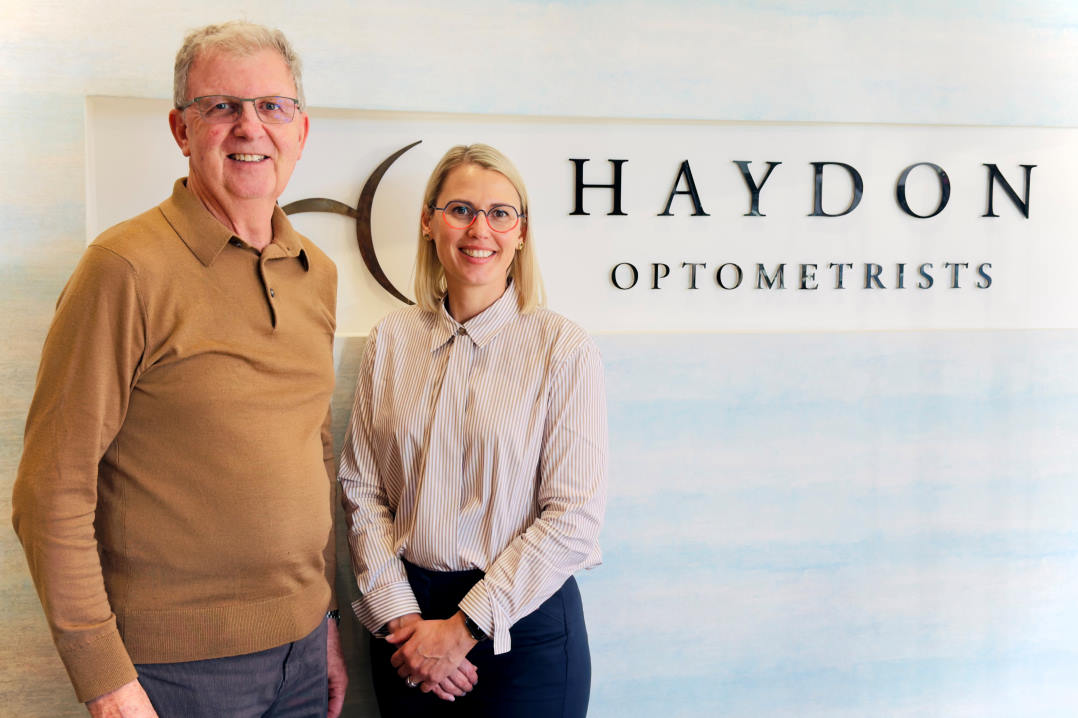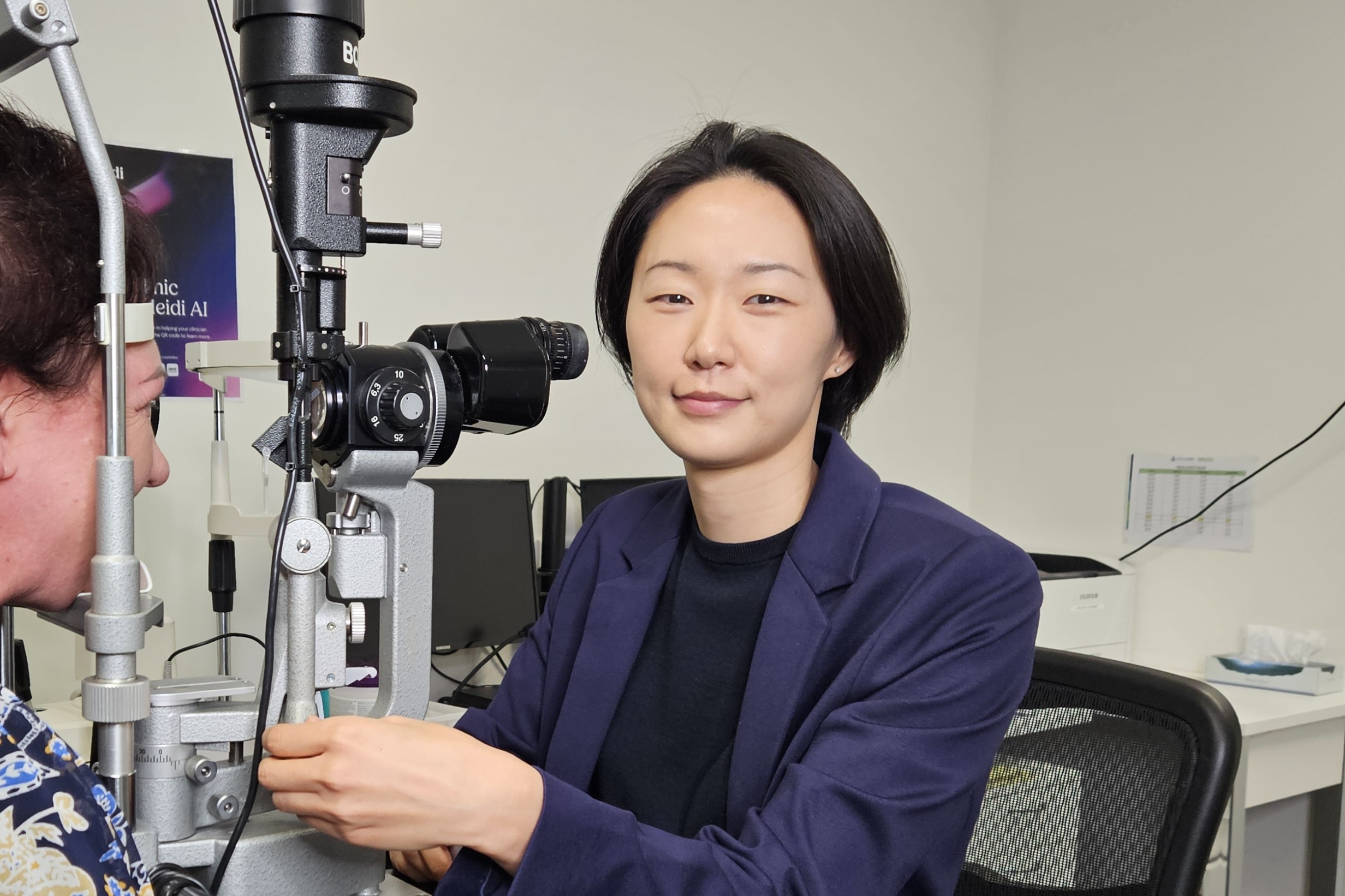Melatonin supplements limit AMD
US researchers found melatonin use was associated with a reduced risk of both diagnosis and progression of AMD in a large study of patients over the age of 50 years.
Led by researchers at Case Western Reserve University School of Medicine, Cleveland, Ohio, the retrospective cohort study included 66,253 patients with nonexudative AMD, of whom 4,350 were in the melatonin cohort. Across three age groups (≥50 years, ≥60 years and ≥70 years) the melatonin cohort had reduced risks of progression to exudative AMD compared with the control cohort (relative risk (RR) 0.44, 0.38 and 0.40, respectively). A second cohort analysis included 121,523 patients with no AMD diagnosis, 4,848 of whom took melatonin supplements. Those in the melatonin cohort had a reduced risk of receiving an AMD diagnosis compared with the control cohort (RR 0.42 in the ≥50 years group, with similar findings in the older subsets), said researchers.
Melatonin supplements are often used to treat sleep disorders, with one in vitro study demonstrating how the viability of retinal pigmented epithelial (RPE) cells increased with their use, said researchers. “While these findings support the promising therapeutic potential of melatonin against AMD, this study did not have a control group and may not be generalisable to racially and culturally diverse populations.”
The study was published in JAMA Ophthalmology.
























